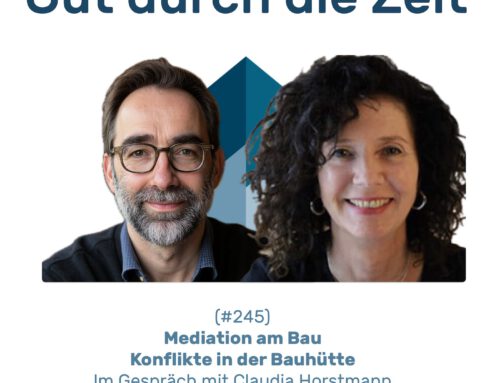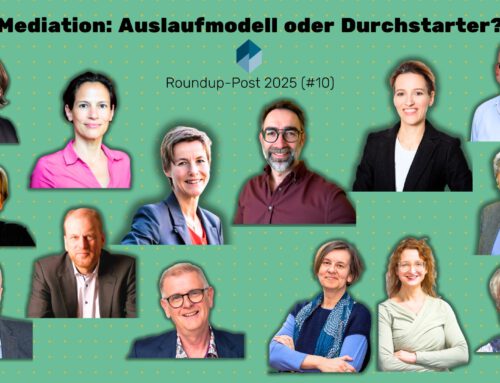INKOVEMA Podcast „Well through time“
#134 – Clueless counsellors VIII or when clueless counsellors advise clueless counsellors.
Balling-Mohr-Weigel Talks
Well through time. The podcast about mediation, conflict coaching and organisational consulting.
Sascha Weigel talks to the well-known and experienced consultants Günther Mohr and Rolf Balling on the changed ideas, expectations and requirements of the counselling profession.
Contents:
When clients come to us as fellow counsellors, in training or directly in coaching, mediation or other settings, it is not uncommon for questions to arise that also affect us personally.
What consequences does this have? What principles and beliefs do we as counsellors need to rethink, perhaps even let go of?
Contents and approaches:
– Questions about uncertainty in the current situation In times of uncertainty, such as during crises or change processes, people often look for guidance and support. Counselling can help to create clarity, reduce anxiety and develop strategies to deal with uncertainty. Counsellors can provide support in looking at different perspectives, evaluating options for action and making decisions. In uncertain, volatile times, advisors also need counselling.
– the complexity of counselling work In times of uncertainty, such as during crises or change processes, people often look for guidance and support. Counselling can help to create clarity, reduce anxiety and develop strategies to deal with uncertainty. Counsellors can provide support in looking at different perspectives, evaluating options for action and making decisions.
– Changes in society and the working environment Society and the working environment are subject to constant change. Technological advances, demographic changes, globalisation and social developments influence people's needs and challenges. Consultants have to continuously deal with these changes in order to be able to offer relevant and contemporary support. This can mean, for example, familiarising themselves with new working models, intercultural issues or digital technologies.
– the importance of flexibility and reserves for overcoming challenges Flexibility is crucial in order to be able to react appropriately to changes and unforeseen situations (SLACK). Flexibility makes it possible to make adjustments, find new solutions and deal with uncertainty. In addition, it is important to have reserves in the form of resources (e.g. financial resources, time, personnel), time or energy. Reserves provide a buffer that makes it possible to overcome unexpected challenges and react to unforeseen situations. Many people seem to have criminally neglected and forgotten this.
Emotions and machines. Well, the fact is that people don't evoke emotions in machines, but the other way round does!
– Possibility of using technological tools such as chat GPT for counselling search processes Technological tools such as chat GPT can be used as a supporting resource in counselling work. For example, they can help with research, data analyses or the generation of ideas. However, it is important to emphasise that such tools cannot replace human interaction and empathy. They should be seen as complementary tools that can support the counselling process by providing additional information and perspectives. Ultimately, the responsibility for counselling and decision-making always lies with the counsellors and their clients.




Leave A Comment